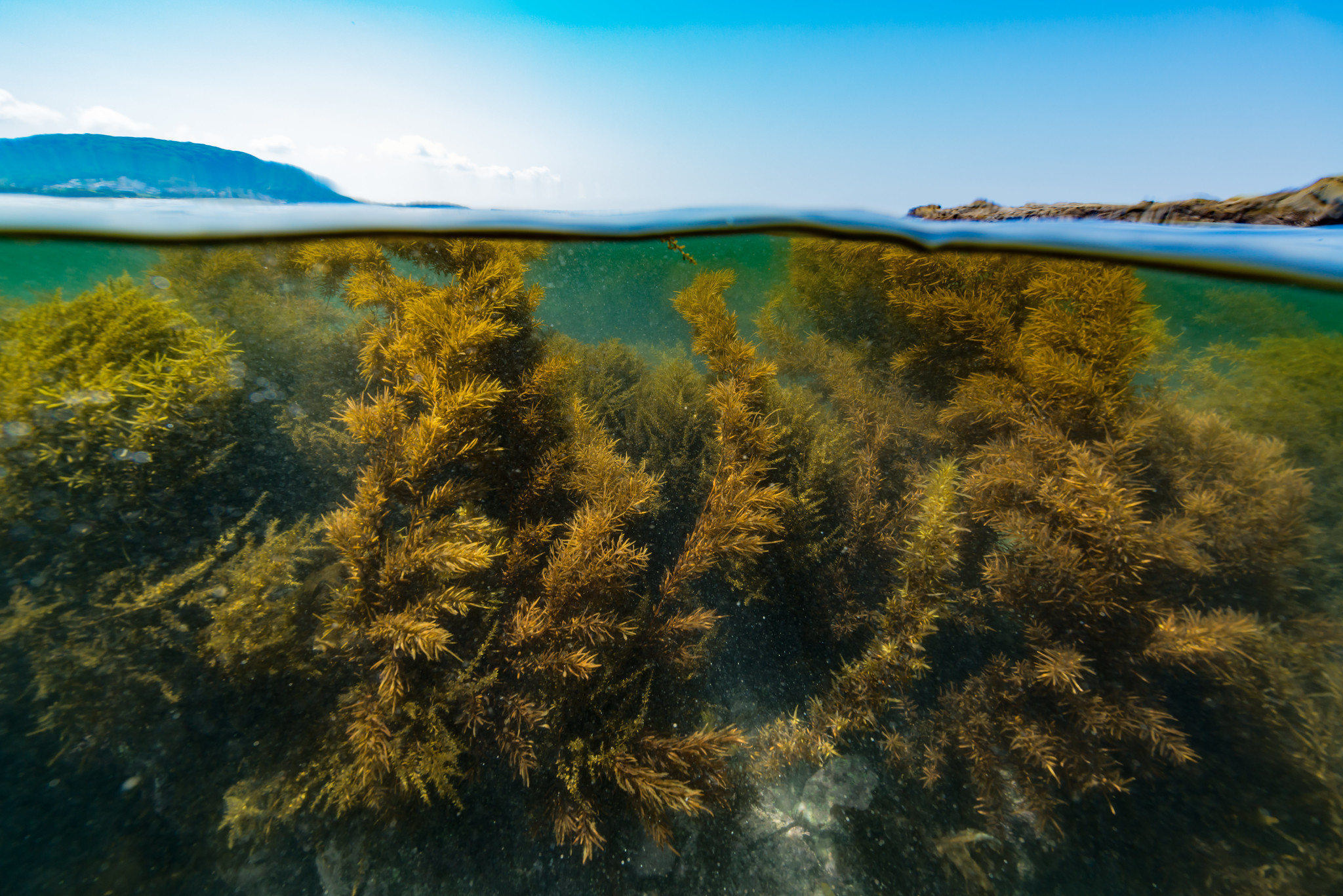December 4, 2024
The Ebiil Society: Champions of Palau
Ann Singeo, founder of our partner organization the Ebiil Society, shares her vision for a thriving Palau and a flourishing world of indigenous science!
We use cookies to help you navigate efficiently and perform certain functions. You will find detailed information about all cookies under each consent category below.
The cookies that are categorized as "Necessary" are stored on your browser as they are essential for enabling the basic functionalities of the site. ...
Necessary cookies are required to enable the basic features of this site, such as providing secure log-in or adjusting your consent preferences. These cookies do not store any personally identifiable data.
Functional cookies help perform certain functionalities like sharing the content of the website on social media platforms, collecting feedback, and other third-party features.
Analytical cookies are used to understand how visitors interact with the website. These cookies help provide information on metrics such as the number of visitors, bounce rate, traffic source, etc.
Performance cookies are used to understand and analyze the key performance indexes of the website which helps in delivering a better user experience for the visitors.
Advertisement cookies are used to provide visitors with customized advertisements based on the pages you visited previously and to analyze the effectiveness of the ad campaigns.
Looking to make an impact this Earth Month? Here’s how.

Land is growing and changing all the time—but we don’t always see it. Our planet is alive with geologic activity, and our world’s islands are formed over millenia of growth, transformation, and subsidence. But as rising sea levels threaten these vital ecosystems, their vulnerability increases. How do island coastlines respond to changes in their environment? Are they solely at the mercy of the waves? A new paper in the International Journal of Digital Earth indicates that the answer might be more dynamic than it appears.
The article, titled “Evolutionary dynamics of island shoreline in the context of climate change: insights from extensive empirical evidence,” examined about 13,000 islands across Southeast Asia, the Indian Ocean, and the Mediterranean sea, using remote sensing data gathered from 1990 to 2020. The results of the study complicate the seemingly simple story of erosion and coastline loss, instead indicating that island coastlines are dynamic and change often. 7.57% of the coastlines in the study eroded inward, but a surprising 6.05% have actually expanded seaward.
The study indicates that there are multiple factors, both natural and human-caused, that influence coastlines. Human factors include such coastline-reducing phenomena as population growth and sand mining, but humans can also reclaim land and extend island coastlines, as was the case in Tuvalu, where the coastline has extended by 73.5 hectares (almost 3%) in the last 30 years.

The same can be said of natural factors: sea level rise and erosion reduce coastlines, but ecosystem dynamics tied to mangroves and coral reefs can build them back up. Interestingly, the existential threat of sea level rise was not the “predominant” cause of coastline loss—although in coming years, it will likely become the driving factor.
As island communities prepare for coming decades of extreme weather and sea level rise, adaptation and mitigation strategies are more and more necessary. The article stresses the importance of nature-based solutions, which tend to be more effective and sustainable than mitigating strategies such as the construction of seawalls. Restoring and protecting island ecosystems and their near-shore counterparts, such as coastal wetlands, coral reefs, and seagrass beds is a favored solution for coastal protection. The article also argues that community involvement is essential to the survival of islands and their ecosystems.

At Island Conservation, we know that nature-based solutions provide cascading and lasting benefits throughout an ecosystem. By removing invasive species, for example, we can make islands safe for native species to nest and bring nutrients from sea to land. These nutrients enrich the soil and strengthen nearby systems, increasing fish biomass and the speed of coral growth. In the islands where we work—especially the low-lying coral atolls—our projects are vital signs of hope that ecosystems on the brink can recover and thrive.
Sustainable development for island communities involves the recognition that the land they live on is precious, but not a lost cause. The dynamism of island coastlines, and their endurance over millions of years of sea level change, is proof that with strong community-led conservation efforts these islands can support life for generations to come.
Donate today to support Island Conservation and our community-focused efforts to holistically restore and rewild islands around the world! To keep up with the latest in conservation science and stories from our amazing team, sign up for our newsletter!
Check out other journal entries we think you might be interested in.
Notifications